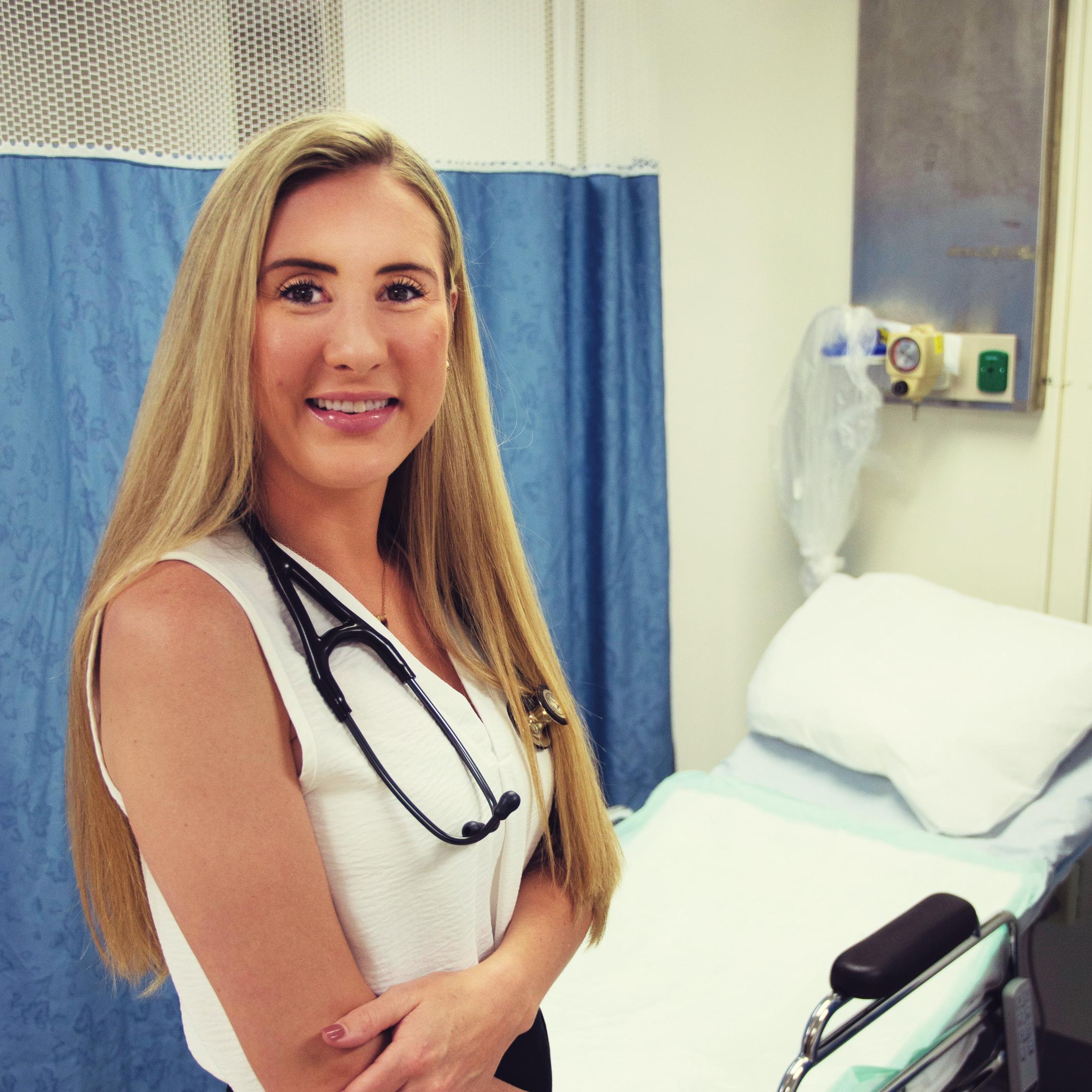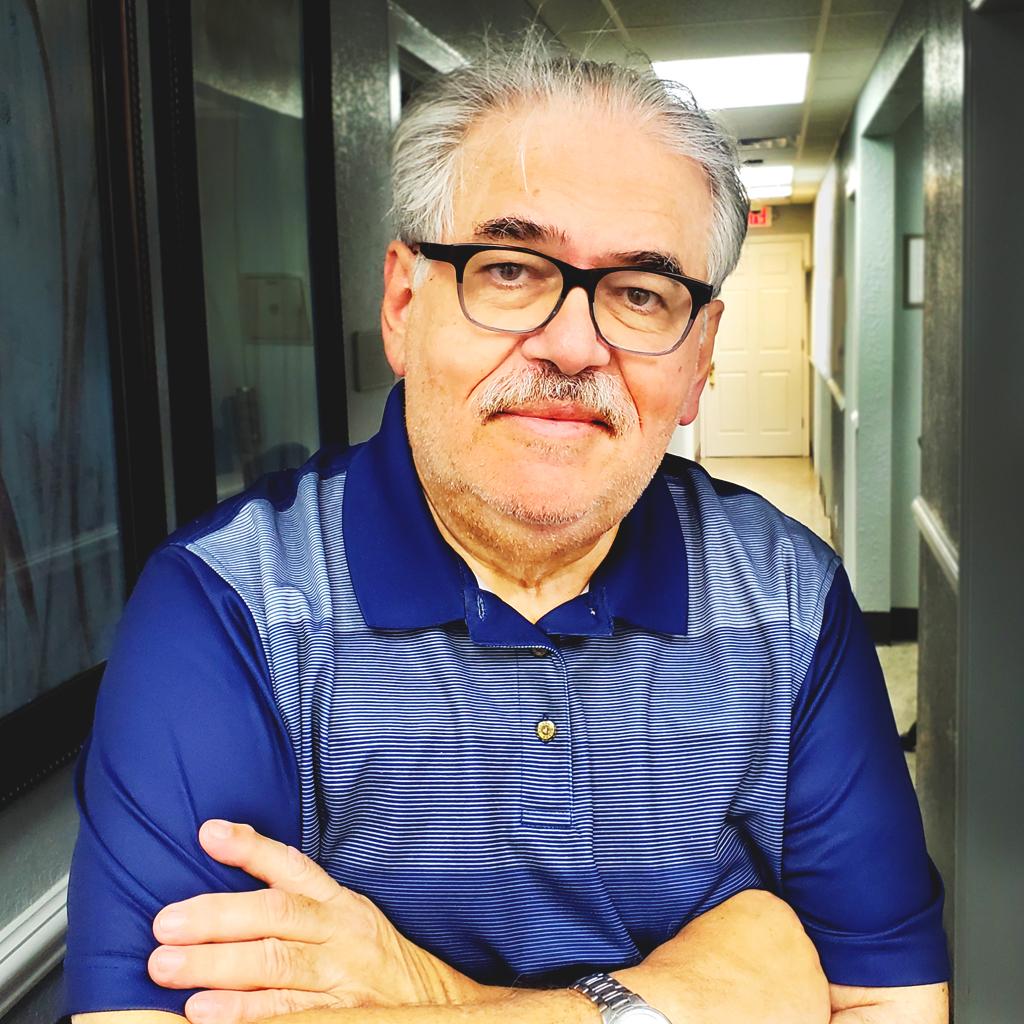Appling Healthcare’s Cardiopulmonary/Respiratory Department delivers unmatched respiratory and cardiopulmonary care to patients in Appling County and our surrounding communities. The department is located at Appling Healthcare’s hospital facility in Baxley, Georgia.
Our cardiopulmonary specialists have decades of combined experience in their field and can diagnose some of the most complex disorders. The team provides the highest quality of services to individuals with issues to include:
- Asthma
- Chronic Obstructive Pulmonary Disease (COPD)
- Heart Disease
- Cystic Fibrosis
- Emphysema
- COVID-19
- Acute Respiratory Distress Syndrome
- Pulmonary Hypertension
- Tuberculosis
- Severe Acute Respiratory Syndrome (SARS)
- Seizures
- Epilepsy
- Brain Tumors
Our specialists also treat trauma victims and surgery patients, working closely with staff in the Emergency Department, Intensive Care Unit, Critical Care Unit and MedSurg.
Following are some of the cardiopulmonary tests and diagnostic services provided by Appling Healthcare:
Pulmonary Function Testing (PFT)
Pulmonary Function Testing is used to evaluate how well the lungs are working. Appling Healthcare’s team commonly uses a spirometer, which measures how much air goes in and out of your lungs. Testing also typically includes lung volume testing, which is more precise than spirometry, and a diffusing capacity test (DLCO), which measures the ability of the lungs to transfer oxygen to the blood.
Arterial Blood Gas Test
This test measures the amount of oxygen and carbon dioxide levels in your blood. These results can help your doctor to determine how well your kidneys and lungs are functioning. Our specialists perform this test by collecting a blood sample.
Routine Stress Test
If you have signs or are showing symptoms of coronary artery disease or an irregular heart rhythm, your physician may recommend a stress test. This test is used to determine the condition of your heart during physical activity. Because your heart pumps harder and faster during exercise, the stress test can reveal any issues with the blood flow in your heart.
Cardiac Ambulatory Monitoring: Holter Monitors
A Holter monitor is a battery powered, portable electrocardiogram (ECG) that records your heart’s electrical activity continuously for 24 or 48 hours. This small, wearable device can let your doctor know if your heart is working properly or if you could have a heart condition.
EKG (Electrocardiogram)
An electrocardiogram (EKG) is a simple and painless test that records the electrical activity and rhythm of your heart.
To get ready for the test, our cardiopulmonary specialist attaches small electrode patches to your skin, on your arms and your legs. During the test, you will need to lie still as the electrodes monitor your heart.
The electrodes do not send electricity through your body, they simply detect the electrical waves your heart makes. These electrodes can see how fast your heart is beating and if it has a steady rhythm. They can also detect the strength of the electrical signals that trigger your heartbeat.
The readings from an EKG can not only diagnose a heart attack, but also reveal signs of heart disease.
Echocardiogram
An echocardiogram, often called an “echo,” is a test that uses ultrasound (high frequency waves) to show in motion how your heart muscle and valves are working.
The echo provides important diagnostic information about your heart’s size, the appearance of the valves, and the thickness of the heart muscle along with how well your heart is beating and pumping blood.
No special preparation is needed for this safe, non-invasive test. Our specialist will adhere small adhesive patches with wires to record the timing of your heartbeat. A small, handheld wand covered with gel is used on your chest to obtain the ultrasound images.
One of the most widely used imaging tests in cardiology, the echocardiogram is a valuable tool in helping your physician to identify heart disease.
Nuclear Cardiac Stress Test
Administered by our Nuclear Medicine Department, this is a test in which a radiopharmaceutical (imaging agent) is used to evaluate blood flow to your heart muscle while at rest and stress. This test helps to determine if your heart is getting sufficient blood flow whether resting or your heart is under stress (ex: exercised, when a demand is placed on your heart). If abnormalities are found, this test aids in the selection of an appropriate treatment plan. This test takes 3-5 hours to complete.
Electroencephalogram (EEG)
An electroencephalogram (EEG) is a diagnostic test used to measure the electrical activity of the brain. It can help identify abnormal brain activity, such as after a head injury or stroke. An EEG can also diagnose conditions such as epilepsy, seizures, dizziness, headaches, brain tumors and sleeping problems.
The EEG is a painless and very non-invasive test that can typically be completed in one to two hours. To begin, while you are lying on a bed, our specialist will attach several electrodes on your scalp. These electrodes are metal discs that can detect electrical signals. They are connected to a computer that records your brain’s activity. You will not feel any shocks on your scalp or elsewhere.
During the test, you will be given verbal instructions. You may be given various tasks such as reading or looking at pictures. This is to help stimulate your brain and help show how your brain responds.
After the EEG is completed, your data is analyzed and interpreted. Your physician will discuss your results with you during a follow-up appointment.





















